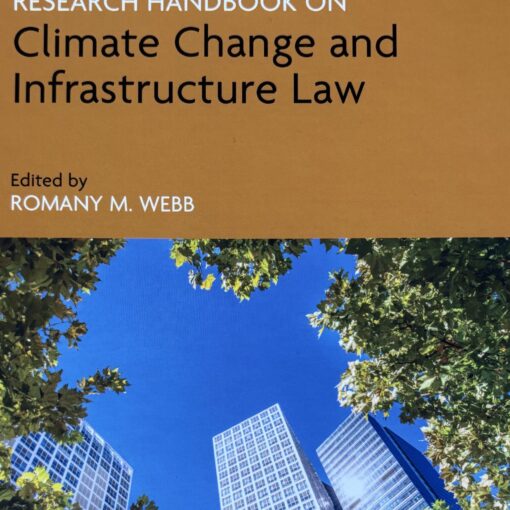By Adam Riedel, CCCL Associate Director
With little fanfare or notice from much of the western press, a new international agreement on combating climate change was reached on December 11 following the 17th meeting of the Conference of the Parties (“COP”). For 16 days prior, 194 countries had negotiated extensively on topics ranging from binding mitigation targets to international funding for climate adaptation projects. The result of these intense and lengthy negotiations was an agreement now being called the “Durban Platform.” The hallmark of this document is that it contains an agreement to “launch a process to develop a protocol, another legal instrument or an agreed outcome with legal force…applicable to all Parties [to the COP].” An ad hoc working group is to be formed to negotiate this protocol or other legal instrument by 2015, with an eye toward operationalizing such an agreement by 2020.
Some, including United Nations Secretary General Ban Ki-moon, have lauded the Durban Platform as progress in international efforts to combat climate change since it contemplates a future agreement with “legal force” and applies to all parties to the COP including developing countries, a change from past agreements. However, it is questionable whether the Durban Platform actually accomplishes anything, or just further delays international action on an ever more pressing crisis. It is far from certain that countries will actually reach an agreement on a binding legal instrument by 2015. The same unresolved issues that have hamstrung the past decade of climate negotiations including mitigation targets, the respective obligations of developed and developing countries, funding for climate mitigation and adaptation programs and technology transfer, still remain largely unresolved. There is no indication that the Durban Platform will provide a way around these persistent obstacles to an international climate regime. In fact, the Durban Platform potentially delays international action on these issues for the next 3 years.
Given the urgent need to address climate change and the frustration on the part of so many that momentum on this issue seems to have stalled at the international level, it is tempting to hail minor accomplishments such as the Durban Platform as progress. Yet, it is worth considering whether agreements such as the Durban Platform do more harm than good by giving the illusion of progress. Much like the Bali Action Plan, Copenhagen Accord and Cancun Agreement before it, the Durban Platform offers much in the way of vague goals and the promise of future negotiations and little in the way of meaningful provisions to address climate change. Given the repeated inability of the COP process to deliver a robust international agreement to address climate change, it is worth considering whether the UNFCCC process, including the COP, is an effective international forum for addressing this problem. If not, perhaps it is time consider promoting alternatives to the UNFCCC framework, such as emphasizing and encouraging bi-lateral and regional negotiations and agreements outside of the UNFCCC framework, while minimizing the role of the COP. These smaller negotiations and agreements would offer the advantage of reducing the number of actors and interests involved in the negotiations and could result in more forceful, if not comprehensive, agreements that allow subgroups of international actors to begin making true progress in combating climate change.


